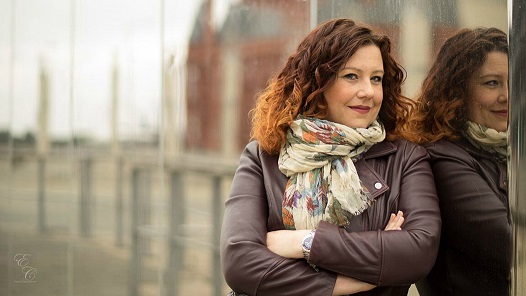The Dome, Brighton, Sunday 10 February 2019
On paper the three late romantic works looked as if they should make up a well-balanced programme but the outcome was not quite as one might have hoped. The first half was magnificent. Stephen Bell’s handling of the Prelude and Liebestod from Wagner’s Tristan und Isolde was flawless. The limpid phrasing, the gentle, surging rubato and the intensity of the ensemble as a whole was magnificent. Would that we could hear him conduct a complete Tristan!
Then the orchestra was joined by soprano Camilla Roberts in Strauss’ Four Last Songs. The sense of reconciliation with death was beautifully captured. There is no pain here, just acceptance, and the bird-song throughout – woodwind in glorious form – was particularly effective. A Wagnerian soprano, Camilla Robert’s voice carried with ease over the weight of Strauss’ orchestration and was breathtakingly effective in the third song Beim Schlafengehen. Here, leader John Bradbury’s lyrical violin solo lifts the expectation of the listener before the voice takes over to float effortlessly above. It is one of the finest moments in all of Strauss, and beautifully captured for us.
Understandably, after these heights it was going to be difficult for the second half to compete but Gliere’s First Symphony proved to be a limp and at times bombastic counter-weight. There was little either orchestra or conductor could do to make up for the banality of much of the writing and even where the orchestral colour impressed, the melodic invention seemed remarkably limited. The Russian textures carry the work forward but it regularly fails to engage. Only the third movement with its deep and sombre opening reaches any sense of nobility.
After such a moving first half this was a real pity. The BPO are too good an orchestra to be wasted on second rate music.

